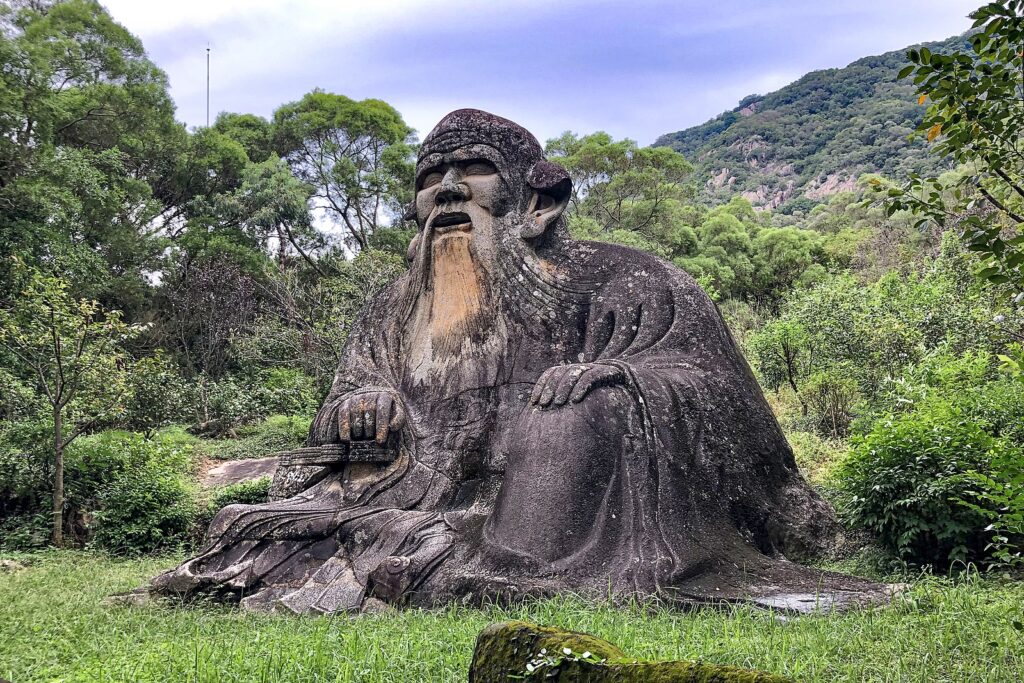When Yao was ruling the world, Po Ch’eng Tzu-kao was appointed by him prince of one of the states. From Yao the throne passed to Shun, and from Shun again to Yu; and then Po Ch’eng Tzu-kao resigned his principality and began to cultivate the ground. Yu went to see him, and found him plowing in the open country. Hurrying to him, and bowing low in acknowledgement of his superiority, Yu then stood up and asked him, saying:
“Formerly, when Yao was ruling the world, you, sir, were appointed prince of a state. He gave his sovereignty to Shun, and Shun gave his to me. Then you, sir, resigned your dignity and are now plowing here. I venture to ask the reason of your conduct.”
Tzu-kao said, “When Yao ruled the world, the people stimulated one another to what was right without his offering them rewards, and stood in awe of doing wrong without his threatening them with punishments. Now you employ both rewards and punishments, and the people notwithstanding are not good. Their virtue will from this time decay; punishments will from this time prevail; the disorder of future ages will from this time begin. Why do you, my master, not go away and not interrupt my work?” With this he resumed his plowing with his head bent down, and did not again look round.
From Taoist tales by Raymond Van Over
In Chinese mythology, Yao and Shun are legendary emperors and exemplars of proper rulership. They are considered to be two of the Five Emperors, who ruled China from 2355–2185 BC. They are a key part of classical Chinese culture and are often used as literary motifs.
Taoism is a diverse philosophical and religious tradition indigenous to China, emphasising harmony with the Tao (way, road, path or technique). Taoist thought has informed the development of various practices within the Taoist tradition and beyond, including forms of meditation, astrology and feng shui. A common goal of Taoist practice is self-cultivation, a deeper appreciation of the Tao, and more harmonious existence. Taoist ethics emphasise such virtues as effortless action, naturalness, simplicity, and the three treasures of compassion, frugality and humility.

Lao Tzu, or Laozi, was a semi-legendary ancient Chinese philosopher and a revered figure in Chinese culture. He is generally considered the founder of Taoism and author of the Tao Te Ching, the foundational text of Taoism. Lao Tzu is a Chinese honorific, typically translated as “the Old Master.“
Image: Stone statue of Lao Tzu at Qingyuanshan in China.
